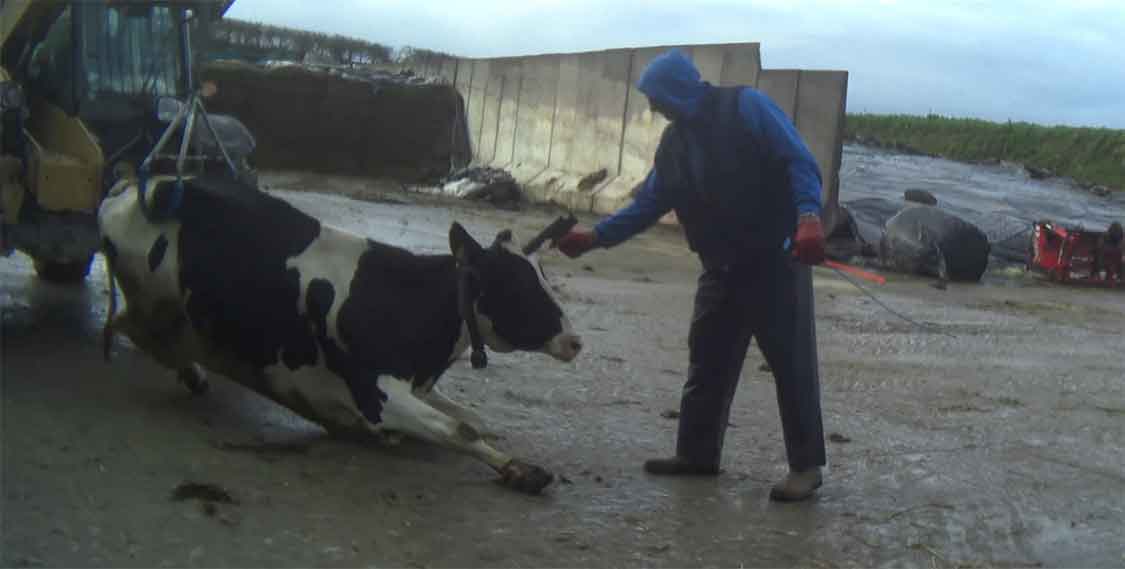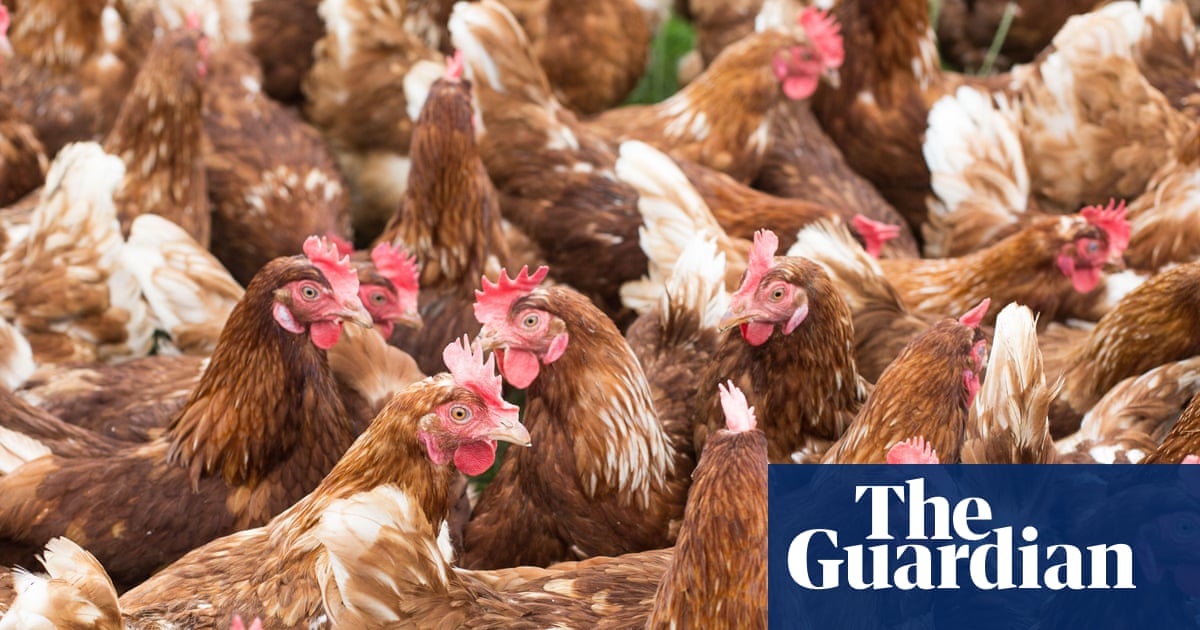PROTECT YOUR DNA WITH QUANTUM TECHNOLOGY
Orgo-Life the new way to the future Advertising by AdpathwayPolice have warned that the growing furore around a Canadian ostrich farm – fanned by animal rights activists and prominent allies of Donald Trump – has led to intimidation, harassment and death threats against businesses in a small British Columbia town.
Universal Ostrich Farms, near the town of Edgewood, was ordered in May to cull more than 400 birds, amid fears of an outbreak of H5N1 avian flu, and earlier this week officials seized control of the business. Sixty-nine birds have already died after the outbreak of a flu-like illness, but on Wednesday Canada’s supreme court issued an interim stay on the cull order as it weighed whether to hear the case.
The cull order has catalyzed a fierce protest by the farm owners and protesters – as well as senior figures in the Trump administration, who have decried the public health effort as government overreach.
Earlier this week, Chris Sanders, a conservative commentator, said in a Facebook video that he was offering his ranches in Oklahoma, Texas and South Dakota as a new home for the imperilled ostriches. Sanders’ offer follows lobbying by Robert F Kennedy Jr, the US health secretary, and Mehmet Oz, a physician and former TV host appointed by Trump as the director of the Centers for Medicare and Medicaid, to move the birds to Oz’s ranch in Florida.

Kennedy previously wrote a letter to the president of Canada’s food inspection agency in May, asking the farm to be spared from a planned cull. US billionaire John Catsimatidis has also lobbied the Canadian government to reverse its cull order.
The growing row over the ostriches – and a simmering post-pandemic skepticism of government – have inspired protesters to descend on the farm, with many broadcasting their frustration on social media. Under a live stream of the bird enclosure posted online by the farm, commenters frequently express skepticism towards vaccines and call for more proof that the birds are ill.
The situation at Universal Ostrich Farms escalated on Tuesday when co-owner Karen Espersen and her daughter Katie Pasitney were arrested by RCMP officers for obstructing food inspectors. Police have since erected a three-meter barrier of hay bales and barred anyone from entering the ostrich pen, which is now under the control of Canada’s food inspection agency. Later that evening, some of the bales were set on fire, but were soon extinguished.
The farm’s supporters have heckled police at the scene, while Pasitney appealed in a Facebook video to officers to “stop the massacre”. She has also used the farm’s Facebook page to criticize local businesses providing services to the Canadian food inspection agency.
The RCMP said it had received complains of “threats, intimidation and harassment due to the dispute’”. One company, Nucor Environmental Solutions, posted on its website that “false allegations of involvement have resulted in … team members, including their family members, being inundated with false accusations and threatened – including death threats”.
Canadian federal government says the food inspection agency is following a “stamping out” policy in order to limit the spread of avian flu, a move in line with broader advice from the World Health Organization.

The farm owners and their supporters argue that because the last bird flu death occurred on 15 January 2025, with the surviving majority appearing healthy or recovered, the flock has developed at least partial herd immunity against H5N1. They have also cast doubt on the scope and effectiveness of testing on the birds.
But in a federal court ruling from May, the judge hearing the case found food inspectors operated within their mandate when they ordered the cull as a way of preventing the spread of disease. The judge also found that allowing the birds to remain alive could lead to the spread of avian influenza to other animals, the poultry industry – or humans.
Andrew Fenton, a bioethicist at Dalhousie University says the murkiness over how the birds are being used - or will be used in the future - has implications for what sort of health risk the flock poses to food systems.
But a more divisive rhetoric that has emerged, one akin to the anti-vaccine movement during the coronavirus pandemic, threatens to undermine public confidence in public health agencies.
“There is a sense in some of the rhetoric that ‘government is the bad guy’ and that it’s an individual fighting against a corrupt system. These are not helpful polarizations and leads to quite toxic opposition to good faith efforts of that are trying to protect the public,” said Fenton. “There’s an anti-science sentiment in the air at the moment that’s becoming quite dangerous.”
But he said the farmers’ request that the birds be retested was “reasonable” given reports the flock seems to be relatively healthy and there have been no deaths since January.
“To retest would be a good move for the food inspection agency because we can’t afford to let trust in public health agencies erode,” he said. “We need to respect what they’re trying to do because the public health concerns they’re addressing are serious and real.”


 12 hours ago
2
12 hours ago
2





















 English (US) ·
English (US) ·  French (CA) ·
French (CA) ·